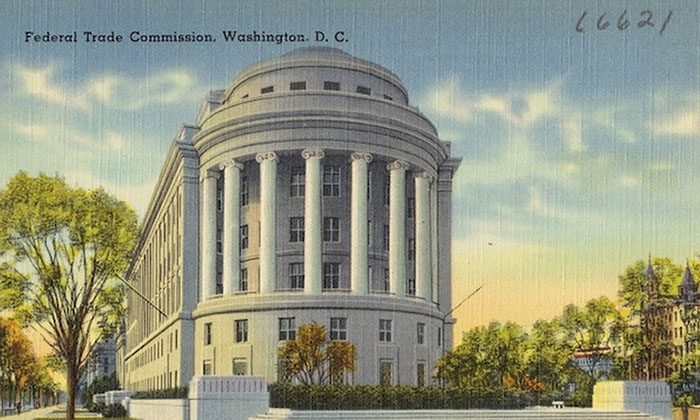* In re Petitioners Seeking Habeas Corpus Relief in Relation to Priot Detentions at Guantanamo Bay (D.D.C. 4/1/11)
In a 24-page opinion posted here, Judge Hogan last Friday dismissed 105 habeas petitions relating to indviduals previously held at GTMO. The underlying rationale is as you might expect:
“Petitioners are no longer in United States custody and fail to demonstrate that they suffer from collateral consequences of their prior detention that the Court can remedy. Accordingly, the Court will dismiss their habeas claims as moot.” (p. 2)
Other interesting passages include Judge Hogan’s discussion of Abu Ali:
“Furthermore, Petitioners miscast the holding in Abu Ali. The District Court did not conclude that Abu Ali was in United States custody. Id. at 50. Rather, it rejected the Government’s contention that a federal court has no jurisdiction to consider the habeas petition of an individual in the hands of a foreign state. Id. at 31. In denying the Government’s motion to dismiss for lack of habeas jurisdiction, the District Court authorized additional discovery to explore the petitioner’s unrebutted pleadings. Id. Such discovery was justified by the Government’s reticence. Far from concluding that individuals detained abroad at the behest of the United States are in constructive custody, the District Court cautioned that “[t]he instances where the United States is correctly deemed to be operating through a foreign ally as an intermediary for purposes of habeas jurisdiction will be exceptional, and a federal court’s inquiry in such cases will be substantially circumscribed by the separation of the powers.” Id. at 41. Here, Respondents do not make the same broad assertions that federal courts lack of jurisdiction, choosing instead to directly rebut Petitioners’ allegations with Government declarations. Based on those declarations, the Court sees no need for additional inquiry into the matter.” (p.10)
Bearing that discussion in mind, a question that arises is whether the judiciary should defer to some extent to the executive’s factual claims regarding the degree of control it may exercise over the decision of another country to hold someone in custody. On that issue:
“Petitioners’ blanket allegations are not sufficient to prove that the United States is responsible for their continued detention. In Kiyemba v. Obama, based on a Government declaration that mirrors the declarations here, the District of Columbia Circuit concluded that detainees cannot “prevail on the ground that [a] foreign sovereign is an agent of the United States merely because . . . the Government engages in a dialogue to ascertain or establish what measures the receiving government intends to take pursuant to its own domestic laws.” 561 F.3d 509, 515 n.7 (D.C. Cir. 2009) (“Kiyemba II”) (citations and quotations omitted), cert. denied, 2010 WL 1005960 (U.S. Mar. 22, 2010); see also Kiyemba II, 561 F.3d at 521 (Kavanaugh, J., concurring) (stating the declaration suffices “to demonstrate that the proposed transfer of an alien to the custody of a foreign national is not the same thing as the U.S. Government’s maintaining the detainee in U.S. custody”). In view of that declaration, the Circuit Court had “no reason to think the transfer process may be a ruse – and a fraud on the court – designed to maintain control over the detainees beyond the reach of the writ.” Id. The Supreme Court has also provided that courts are “not suited to second-guess” such Government representations. Munaf, 128 S. Ct. at 2226. Following the direction of the appellate courts, this Court fully credits the Government declarations. Accordingly, the Court accepts that foreign governments, not the United States Government, are responsible for any continuing restraints on Petitioners’ liberty.” (p. 8-9)
